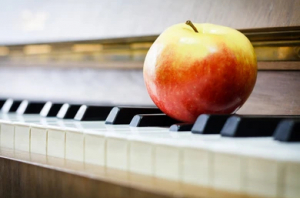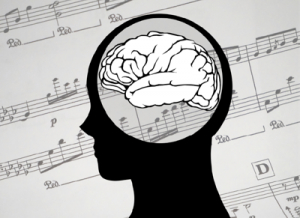Displaying items by tag: brain
Keeping Your Musical Instrument In Tune
Here's some food for thought.
I'm sure you've heard sayings such as "you are what you eat" and "garbage in = garbage out" when looking for a satisfying diet plan for your health.

Over the years studies have shown that a well-balanced diet is important in maintaining the proper bodily function, improving memory, and fighting off diseases such as Alzheimer's or dementia.
Yes, all of that is true, and taking up music lessons does help in slowing down the aging process.
However, just like how any musical instrument must be properly tuned in order to sound and perform at its best, the same it is with your mind. Yes, your mind, not your brain is your most vital musical instrument. We can feed our brain with all sorts of yummy and nutritious foods that keep it at its peak performance. Unfortunately, when our mind is under constant anxiety and stress, regardless of what food goes in, the mind will produce garbage out.
The Tripartite Nature of Men and Women
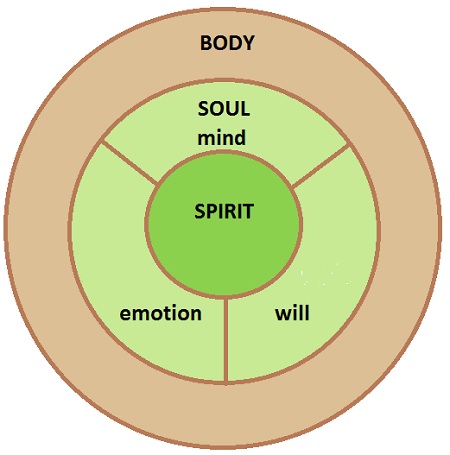
We tend to forget that our bodies come in 3 parts: the physical body that we see in the mirror, the emotional/intellectual which is our spirit, and finally, a soul which is the combination of all three. You can say in fact that you are a 3-stringed instrument! When you look at yourself in this regard, you can perhaps better understand how if one part of you is out of tune, the rest goes out of tune just the same. It's the same effect as guitar strings being out of tune. One bad apple spoils the bunch.
For this reason, it is important to no only feed the body with nutrition but the mind too. This is where musical inspiration ultimately comes from. Taking time to meditate and clear your mind from the daily grind and stress is an important step before picking up your instrument to play. Go out for a walk in the park or the woods, go to an art gallery, spend some time with your pets, head out by the lake or river, or whatever place you can find that you can retreat to and charge your batteries. 
Feed your mind with good food. With everything going on in the world today, we're being reminded that we can't always depend on what a doctor or bureaucrat says is good for our health. The one good thing about playing an instrument is that if kept in proper working order, it will always bring you the truth. People and their rules for life change, but a musical note will always remain the same, no matter what instrument it's played on.
Sources:
- http://www.forbes.com/sites/jennifercohen/2015/02/05/12-best-foods-to-boost-brain-power/
- http://www.psychologytoday.com/the-resilient-brain/201410/dark-chocolate-good
- http://www.scientificamerican.com/article/your-brain-on-food
- https://www.brainfacts.org/neuroscience-in-society/the-arts-and-the-brain/2017/art-music-and-the-brain-how-the-arts-influence-us-021617
- https://nypost.com/2021/09/07/wuhan-lab-documents-show-fauci-untruthful-about-research-critics/
- https://www.ncbi.nlm.nih.gov/pmc/articles/PMC3115284/
10 Amazing Benefits of Learning To Play The Piano
If you took lessons for years as a child, or never took any lessons at all, here's some good news for you!
It's never too late to start playing! With that in mind, here are 10 good reasons and amazing benefits of learning to play the piano!
-
Prevents Brain Processing, Hearing and Memory Loss

The ability to process auditory signals usually slows down as we age. However, participants of a recent study who continued to play music throughout their lives had helped reverse the decline of brain processing, memory, and inner ear hearing loss.
Source: ABC News
-
Improved Counting & Math Skills
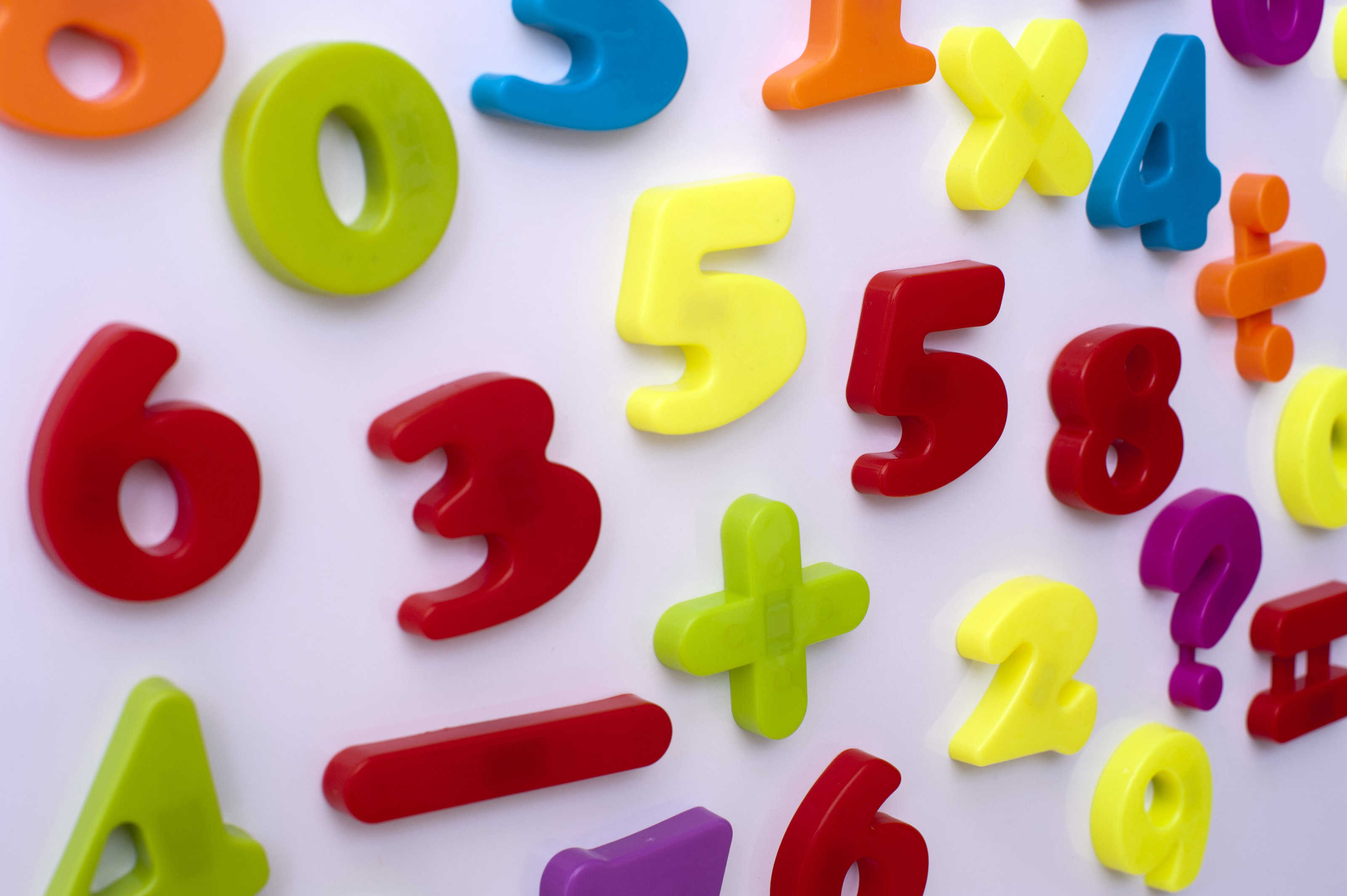
A study conducted by Martin F. Gardiner and his colleagues at the Center for the Study of Human Development at Brown University found that specialized musical training in specific increments toward greater difficulty boosted second graders’ math skills significantly above their peers.
Source: Brain Connection Education Week
-
Exercising New Language Skills
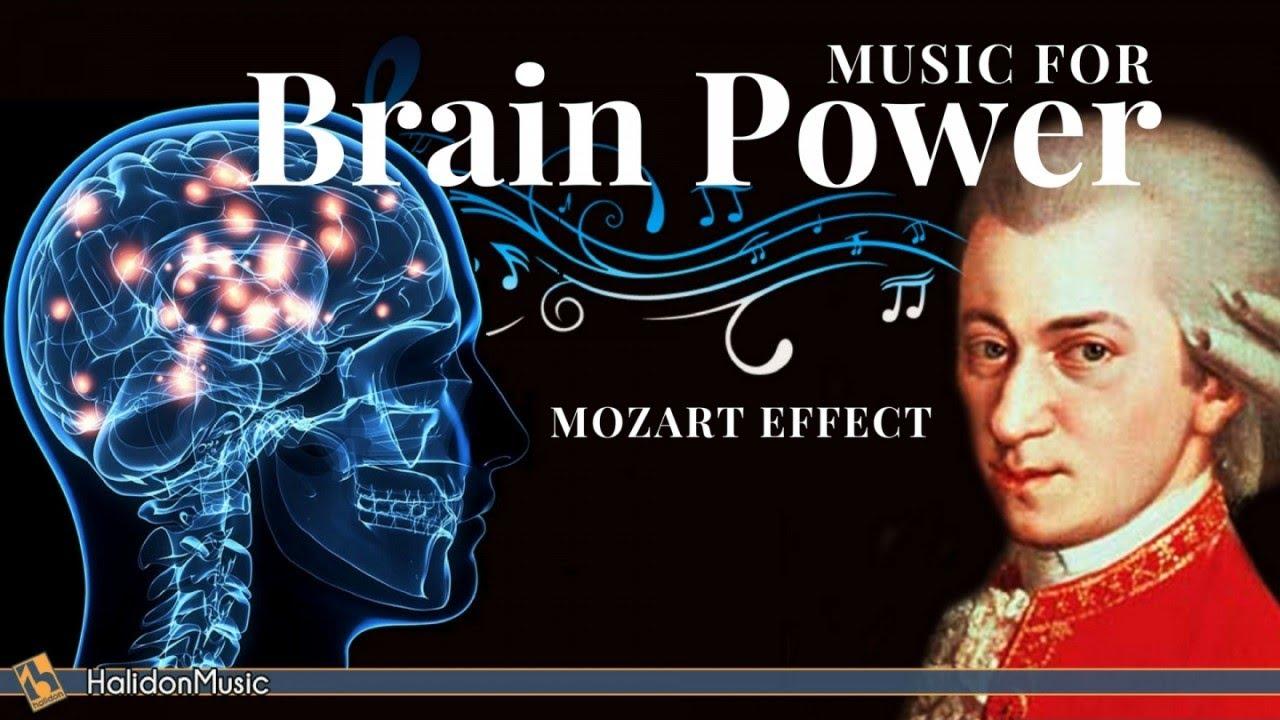
A study in the early 1990s discovered the “Mozart effect” in children, which showed early language development and spatial-temporal intelligence could be boosted by keyboard lessons for preschoolers.2 Additionally, a study by Dr. Charles Limb showed that pianists who solo use their brains linguistically as if they were responding conversationally and grammatically.
Source: Brain Connection & SciePub & Huffington Post
-
Improves Reading Comprehension

A 1993 study summarized in the Educational Psychology journal showed that the ability to discriminate between pitch, which is a fundamental ability you learn when playing piano, was linked to good reading performance. Additionally, learning to memorize music before performance exercises reading comprehension skills and the portion of your brain responsible for recall.Source: Brain Connection & Musician Brain
-
Practice with Time Management & Organization

As with any responsibility or hobby, learning to add it to your daily routine and make time to do it requires good time management. Playing piano and other instruments that demand a routine practice schedule are particularly effective in challenging one’s ability to manage and organize their time. For children, learning to play piano, juggling lessons, practice, and fun play, is a great way to teach these lifelong skills.
Source: Ezine Articles
-
Requires Concentration, Discipline & Patience

Multiple areas of the brain light up when playing music. Scientists studying the brains of musicians as they play music have found that the discipline of playing music is the equivalent of a full-body brain workout. Strengthening multiple areas of the brain, including our ability to concentrate, focus and apply knowledge, playing music allows us to exercise our brain similarly in other areas. So, it should not be surprising that starting to play the piano will trigger increased patience, concentration, and discipline in other areas of your life.
Source: TED
-
Changes Brain Structure and Mental Ability

Many people define themselves as good or not good at music. You’ve heard people say before, “I’m not musical at all!” Gottfried Schlaug, director of the music and neuroimaging lab at Beth Israel Deaconess and Harvard Medical School in Boston, has confirmed through multiple studies that some people’s brains are indeed better suited for learning music. However, all humans can benefit and even change the way their brain processes information and learn new skills by learning to play the piano.
Source: The Guardian
-
Boosts Self-Esteem

In a 2014 study of fourth-grade students in public schools in Canada, children who received individual piano lessons for three years tested higher on self-esteem measures and school music achievement tests. Learning to play piano and experiencing the excitement of mastery after learning a piece of music is an incredibly powerful way to boost one’s confidence.
Source: Sage Pub Journals
-
Expands Cultural Knowledge

In a 2016 study of Amazonian women and men, musical preference was found to be strictly cultural and not hardwired into our brains. Counter to past assumptions about our brains’ preferences of dissonant versus consonant chords, the study’s findings support learning to play piano as one way to expand our cultural knowledge of different sounds, styles, and types of music. Especially for children, this exposure is critical to encouraging early open-mindedness and cultural diversity.
Source: Science Daily
-
Reduces Stress & Anxiety

A 2013 article published by the National Library of Medicine found that piano practice can actually help treat depression and alleviate stress in elderly adults. Despite the studied demographic being older adults, these findings are encouraging of all ages that piano practice can serve as a holistic and natural treatment for depression and mood disorders.
Source: NCBI
I hope you find this information helpful and that it encourages you to take up lessons today! It's one of the best gifts you can give yourself that will last a lifetime!

